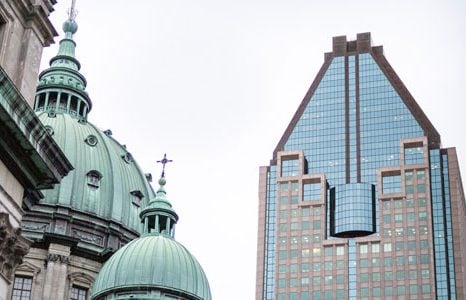
SAHANZ-organised session at SAH 2021
Diasporic Architectural Histories
Architectural historiography is challenged by the architecture of migrant communities and migrant individuals. Framing this architecture as nostalgic for the homeland or as aspirational status symbol dehistoricizes the discourse, embedding it in a mythic past and an illusionary future. Equally as often this architecture is not perceived as different to the architecture of its context or its difference is diminished as ornamental aesthetic. Positioning diasporic architecture within ‘sameness’ or ‘similitude’ has resulted in limited examinations. Migration scholars criticise the use of migration and the migrant figure as narrative trope, arguing that a conflation between migration and mobility displaces the historical determination of unprivileged migration. The use of mobility and transnationalism as tropes in twenty-first century architectural historiography can unwittingly erase migration histories.
Pioneering scholars in this field point to the multiple situatedness of migrant architectural production – destination sites, homeland hinterlands, dotted along migration trajectories – as well as processes of procurement and construction. Migration studies complicate the boundaries of agency, normativity, and performativity/desire of the human subject. For example, what does late nineteenth century architectural history look like from the perspective of trans-cultural labour migrations of the first industrial revolution? This session draws on a current momentum of scholarship at the interface of migration/architecture and aims to explore architectural historiographies of the diasporic conditions.
The session invites investigations including –
- The potential de-centring/re-centring of what is taken to be architectural culture as spaces are/have been adapted/transformed by changing cultural demographics.
- How migration and movement of peoples (or movement of ideas/technologies onto peoples in place) leads to re-making/re-imagining/disrupting ideas of national/local spaces and places
- Borderline spaces and subjectivities caused by conflict, human displacement and material degradation, and the affective and resilient practices by which those affected adapt and recover these spaces for varied forms of occupation and dwelling.
Session Chairs: Mirjana Lozanovska, Deakin University and Anoma Pieris, University of Melbourne
The Society of Architectural Historians is now accepting abstracts for its 74th Annual International Conference in Montréal, Canada, 14–18 April 2021. Read full CFP and instructions to submit your abstract before 10 June 2020 (EXTENDED) here.
Image courtesy of Tourisme Montréal